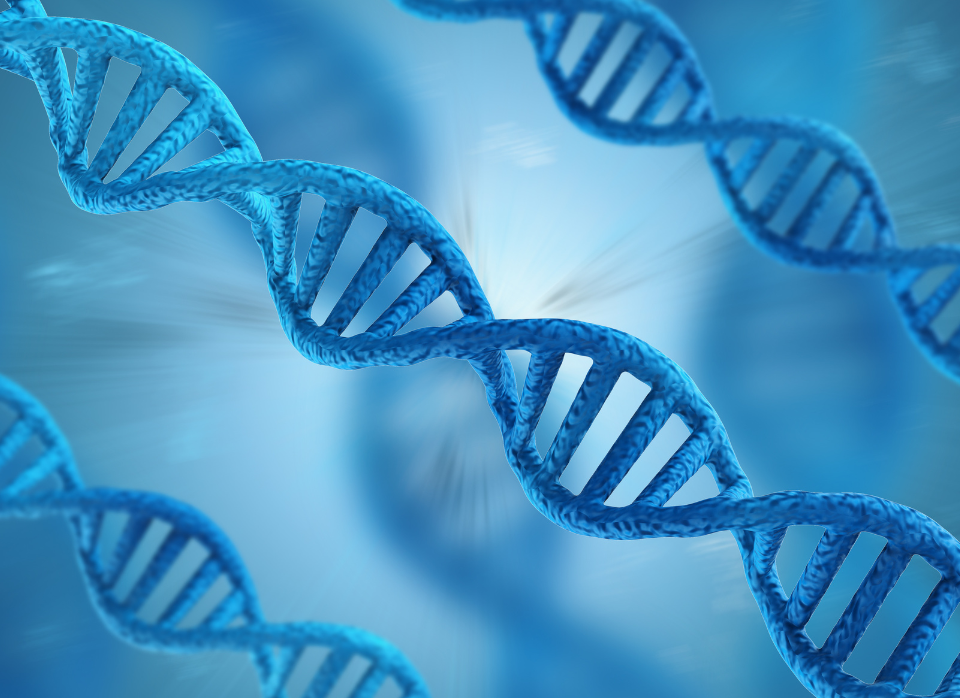
How Seasonal Changes Can Worsen Eating Disorder Symptoms
February 12, 2025
The Best Ways to Celebrate Your Body Rather Than Criticize It
February 26, 2025
Recovery from an eating disorder is a deeply personal journey, one that requires commitment, patience, and proactive steps to integrate healthy habits into everyday life. While achieving recovery is a significant milestone, maintaining recovery is lifelong. Creating a sustainable routine and incorporating effective eating disorder recovery practices into daily life is essential for long-term success.
Here are the best practices for working eating disorder recovery into everyday life, ensuring a foundation of strength, balance, and resilience.
1. Establish a Consistent Routine
Routines are a cornerstone of maintaining recovery. Having a structured day helps reduce uncertainty and stress, both of which can trigger disordered eating behaviors.
- Set meal and snack times: Eating regularly prevents extreme hunger, which can lead to overeating or restriction. A consistent meal schedule also helps rebuild trust in your body’s hunger and fullness cues.
- Incorporate self-care activities: Schedule time for activities that promote mental and emotional well-being, such as journaling, meditation, or a creative hobby.
- Maintain sleep hygiene: Adequate rest supports overall health and emotional regulation, which are critical for recovery.
2. Prioritize Nutritional Balance
Healthy nutrition plays a crucial role in recovery from an eating disorder. However, it’s essential to approach nutrition with flexibility and kindness rather than rigidity or perfectionism.
- Work with a registered dietitian: A dietitian specializing in eating disorders can help you develop a balanced meal plan tailored to your needs.
- Include all food groups: Allow yourself to enjoy a variety of foods without labeling them as “good” or “bad.” Balance, not restriction, is the goal.
- Listen to your body: Over time, work to reconnect with your hunger and fullness signals, trusting your body to guide you toward what it needs.
3. Cultivate a Support System
Surrounding yourself with supportive and understanding people can make a significant difference in maintaining recovery.
- Stay connected with your treatment team: Regular check-ins with therapists, dietitians, or support groups provide accountability and encouragement.
- Communicate with loved ones: Share your needs and boundaries with family and friends so they can better support you. For instance, let them know if specific topics or environments are triggering.
- Find community support: Joining an eating disorder recovery group can help you feel less alone and provide inspiration from others who understand your journey.
4. Practice Mindful Eating
Mindful eating is an effective recovery tool that helps you stay present and develop a healthier relationship with food.
- Eliminate distractions: Turn off the TV, put away your phone, and focus on your meal.
- Savor each bite: Notice your food’s flavors, textures, and aromas. This can make eating more enjoyable and reduce anxiety around meals.
- Eat without judgment: Let go of guilt or fear when eating, and remind yourself that all foods can fit into a balanced diet.
5. Identify and Manage Triggers
Understanding what triggers disordered eating behaviors is crucial for maintaining recovery.
- Keep a journal: Write down your emotions, thoughts, and experiences to identify patterns or triggers.
- Develop coping strategies: Replace harmful behaviors with healthier alternatives, such as deep breathing, grounding exercises, or calling a trusted friend.
- Set boundaries: If certain people or situations negatively impact your recovery, don’t hesitate to set limits to protect your mental health.
6. Embrace Movement Without Obsession
For many in recovery, exercise can be a tricky topic. It’s essential to approach physical activity to honor your body rather than punish it.
- Choose joyful activities: Focus on good movements, such as yoga, walking, or dancing.
- Avoid overexertion: Listen to your body and rest when needed. Exercise should never feel like an obligation or a way to “earn” food.
- Seek guidance if needed: A therapist or recovery coach can help you navigate a healthy relationship with exercise.
7. Focus on Mental and Emotional Health
Since eating disorders are often rooted in emotional challenges, tending to your mental health is a key part of recovery.
- Practice self-compassion: Be kind to yourself, especially during setbacks. Recovery isn’t linear, and it’s okay to have difficult days.
- Engage in therapy: Regular sessions with a therapist can help you process emotions, develop coping skills, and address underlying issues.
- Celebrate small victories: Recognize and reward your progress, no matter how small. Each positive step is a building block toward a healthier future.
8. Adapt to Life’s Changes
Life is unpredictable, and recovery involves learning to navigate new challenges while maintaining healthy habits.
- Be flexible: Adjust your routines to support recovery if your schedule or environment changes.
- Plan for triggers: During holidays, vacations, or stressful periods, have a plan to manage potential triggers.
- Seek professional help when needed: Don’t hesitate to contact your treatment team if you’re struggling with new or intensified challenges.
9. Maintain a Long-Term Perspective
Eating disorder recovery is not a destination but a continuous journey. Embracing this mindset can help you stay committed to your well-being.
- Focus on progress, not perfection: Recovery is about progress, not an unattainable ideal. Celebrate how far you’ve come, and keep working toward your goals.
- Remember your “why”: Reflect on why you began your recovery journey and use them to motivate you to keep going.
Get Help Today
Incorporating eating disorder recovery practices into your daily life is an ongoing process that requires patience, dedication, and self-love. You can build a life that fosters lasting recovery by creating a supportive environment, embracing balance, and prioritizing your mental health.
If you’re struggling with maintaining recovery or need additional support, don’t hesitate to contact a healthcare professional or a specialized treatment center. Remember, you are not alone on this journey; every step forward is a victory.
_________________________________________________________________________________
Looking for treatment for an eating disorder, anxiety, depression, trauma, or postpartum mood disorder?
Evolve Counseling Services is a specialized team of Licensed Therapists providing treatment in Paoli.



